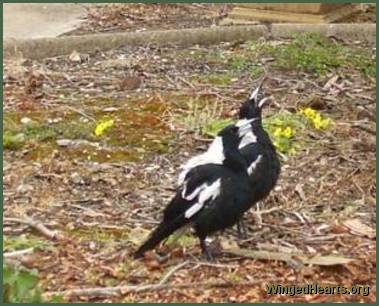Navigation
- HOME
- Wild Bird Rescues
- Communicating With Wild Birds
- Recognising Birds
- No Life For Caged Birds
- Birds I View
- Feathery Tales
- Flying Foxes and Bats
- Grounded!
- Not Just A Bird...
- The Sticky Beak
- Winged Tips
- Your Winged Friends
- Books & Resources
- Wild Bird Talking Ezine
- About the authors
- Contact Us
- News and Media
- Links
- Forums
Blog chat login
Carbon Is Life Book
The story of carbon dioxide, the essential life-giving gas that feeds all life. Contrary to everything we have been told, our planet is currently suffering a carbon famine, with deadly consequences for the poor and for wildlife.
This is the book every environmentalist and lover of wildlife really needs to read! (Click on the image to find out more.)
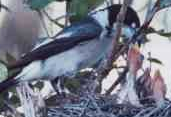
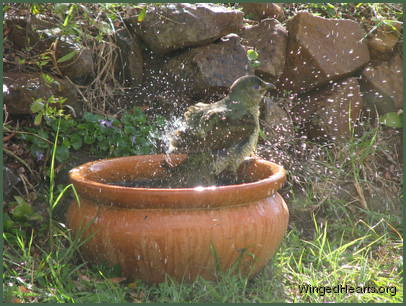 Once some birds notice your bird bath or water bowl, they'll spread the word very quickly and other birds will also try it out.
Once some birds notice your bird bath or water bowl, they'll spread the word very quickly and other birds will also try it out. 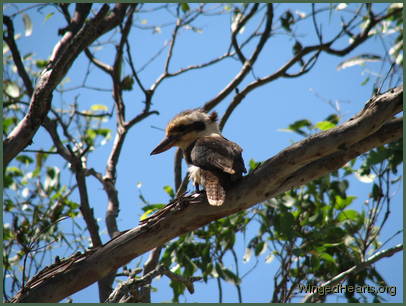 Wild Birds love communicating with each other, with birds from other species, with other animals and they absolutely love talking to humans. They may fly off in a flurry at the very start because they may not be sure of your intentions, or they may befeeling particularly shy or self-conscious. But once they realise that you are sincerely interested in them, they begin to respond and take an interest in you.
Wild Birds love communicating with each other, with birds from other species, with other animals and they absolutely love talking to humans. They may fly off in a flurry at the very start because they may not be sure of your intentions, or they may befeeling particularly shy or self-conscious. But once they realise that you are sincerely interested in them, they begin to respond and take an interest in you.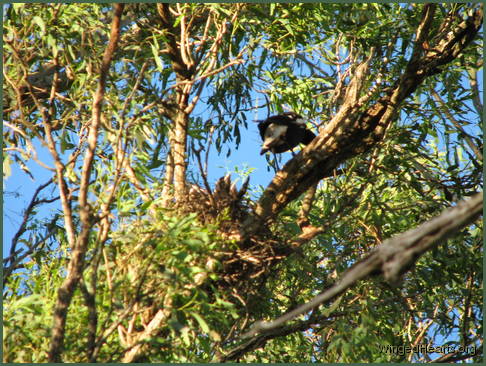 In this picture
In this picture 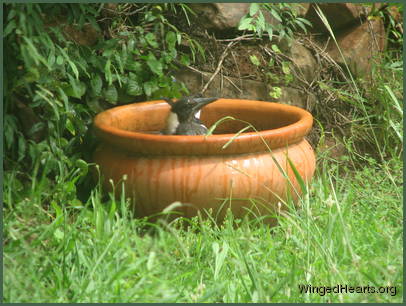 After the tragic loss of three gorgeous chicks (and possibly more) Maggie and Vicky were happy to be blessed with Monty and Mindy from Vicky's second clutch in 2007. Sophie loved the pair dearly, they help her heal from her loss. Wendy was happy to have two younger playmates - but was a bit overwhelmed by them at times.
After the tragic loss of three gorgeous chicks (and possibly more) Maggie and Vicky were happy to be blessed with Monty and Mindy from Vicky's second clutch in 2007. Sophie loved the pair dearly, they help her heal from her loss. Wendy was happy to have two younger playmates - but was a bit overwhelmed by them at times. 